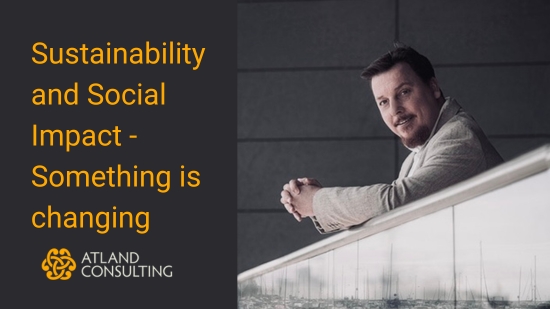Evaluations of projects submitted to European calls for proposals have changed their perspective in 2023 and have increased the importance of sustainability and social impact plans in the projects. In other words, they assess more strictly how the project plans to ensure its continuity after the end of the European funding and who will benefit, be supported, supported by the changes that the planned activities will bring about, i.e. the social impact of the project.
The outcome of projects that are awarded European funding must therefore be long-lasting. We are finally witnessing a paradigm shift from grants to seed funding, which should serve as initial capital for consortia, research or models that can provide lasting value. It is obvious that not all projects that receive public funding will be able to survive once the funding ends, but I consider this to be great news.
The subsidy model has proved expensive and ineffective in this century. Social entities have largely relied on public funding as their main source of income, due to the social work they do. Thanks to funds such as European Horizon or the former European Social Fund, projects have been developed that have fostered a transnational relationship between social entities and their environments, undoubtedly improving access to knowledge and the generation of new solutions. But what happens when public funding ends? In many cases, drama ensues. So much time has been spent on project management, audits, milestones, recruitment of participants… that the financial sustainability of the project and/or the entities that carried it out has ended or has been very weakened. Solving this challenge is one of the reasons for the European Commission’s commitment to real social impact and financial sustainability.
Fortunately, it is not only the evaluation system that is changing, but also the framework and legislation. The adoption by the European Commission of the Action Plan for the Social Economy at the end of 2021 makes the social economy sector an industrial sector, just like e.g. the automotive sector. This means that we are already living in times where the Social Economy has to contribute with quality jobs and economic impact to the development of European welfare.
From next year (2024) large European companies (around 50.000) will have to comply with the Corporate Sustainability Reporting Directive (CSRD). SMEs will have to implement the directive from 2026.
The conclusion I draw from all this is that the European Commission, supported by the two main EU strategic pillars, the Green Deal and the European Digitalization Strategy, is accelerating towards a more sustainable society and economy by 2030. Probably by that date we will no longer distinguish clearly between the third sector (NGOs) and the private sector (private companies). The former will have to change their form of management to a more “entrepreneurial” one, aimed at increasing their capacity to generate income independently (not to be confused with profits). The latter will have to think in a more social, ecological, and ultimately sustainable way. Their mission will probably be as powerful in a few years’ time as those of Intermon, Amica or the Red Cross are today. The need to adapt to the regulatory framework and to the demands of their clients is already causing this revolution.



